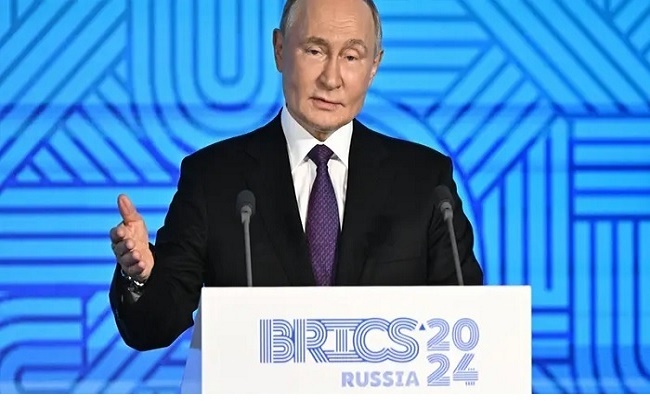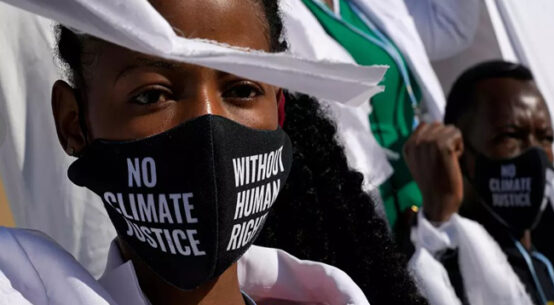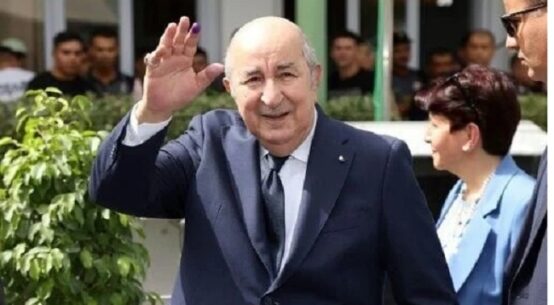
Two dozen world leaders will meet in Russia next week for a summit of the BRICS group, an alliance of emerging economies that the Kremlin hopes will challenge Western “hegemony”.
The summit will be the biggest in Russia since the Ukraine conflict began and comes as Russian President Vladimir Putin seeks to show Western attempts to isolate Moscow over the two-and-a-half-year offensive have failed.
UN Secretary-General Antonio Guterres, Chinese leader Xi Jinping, Brazilian President Luis Inacio Lula da Silva and Turkish President Recep Tayyip Erdogan are scheduled to join the event in the city of Kazan from Oct 22 to 24.
Russia has said it is expecting Indian Prime Minister Narendra Modi as well.
Moscow has made expanding the BRICS group – an acronym for core members Brazil, Russia, India, China and South Africa – a pillar of its foreign policy.
The main issues on the agenda include Putin’s idea for a BRICS-led payment system to rival SWIFT, an international financial network that Russian banks were cut off from in 2022, as well as the escalating conflict in the Middle East.
The Kremlin has touted the gathering as a diplomatic triumph that will help it build an alliance able to challenge Western “hegemony”.
The United States has dismissed the idea that BRICS could become a “geopolitical rival” but has expressed concern about Moscow flexing its diplomatic muscle as the Ukraine conflict rages.
Moscow has been steadily advancing on the battlefield in eastern Ukraine this year while strengthening its ties with China, Iran and North Korea – three of Washington’s adversaries.
“BRICK BY BRICK”
By gathering BRICS in Kazan, the Kremlin “aims to show that not only is Russia not isolated, it has partners and allies,” Moscow-based political analyst Konstantin Kalachev told AFP.
Putin was declared wanted by the International Criminal Court (ICC) in 2023 over the illegal deportation of children from Ukraine and abandoned plans to attend the previous summit in ICC member South Africa.
This time round, the Kremlin wants to show an “alternative to Western pressure … and that the multipolar world is a reality,” Kalachev said, referring to Moscow’s efforts to shift power away from the West to other regions.
Putin has repeatedly accused the West of “provoking” Russia into sending troops into Ukraine, rejecting the idea his offensive is an imperial-style land grab – despite Moscow seizing four Ukrainian regions and claiming them as its own.


